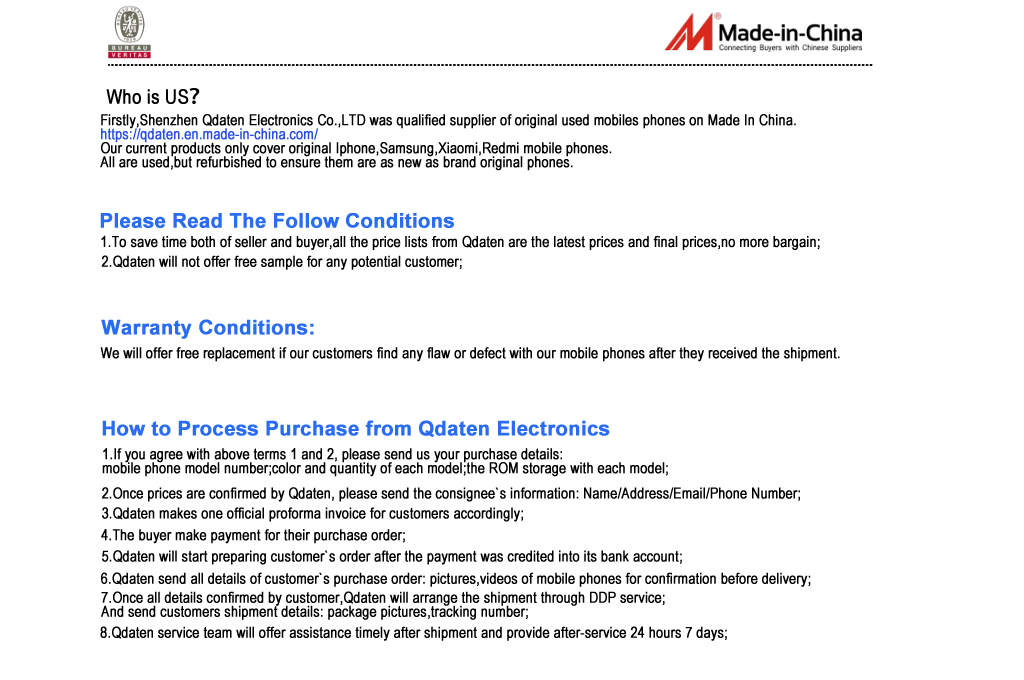Current control: The charging and discharging currents of the battery need to be strictly controlled within a safe range to ensure its normal use and maximum lifespan.
Battery temperature control: Batteries exhibit different performance and lifespan at different temperatures. Therefore, it is necessary to manage the temperature of the battery and maintain it within the appropriate operating temperature range.
Battery status monitoring: The battery management system needs to be able to monitor the status and information of the battery in real-time, in order to detect and solve problems in a timely manner, and provide support for relevant decision-making.
Battery safety control: The battery management system needs to adopt protective measures and safety controls to prevent overcharging, discharging, short circuit, overheating, and other situations of the battery, ensuring the personal safety of users.

In summary, battery management systems play an important role in ensuring the long-term stability and safety of lithium batteries. Battery management strategies and technologies should be reasonably developed based on different types and usage conditions of lithium batteries.







